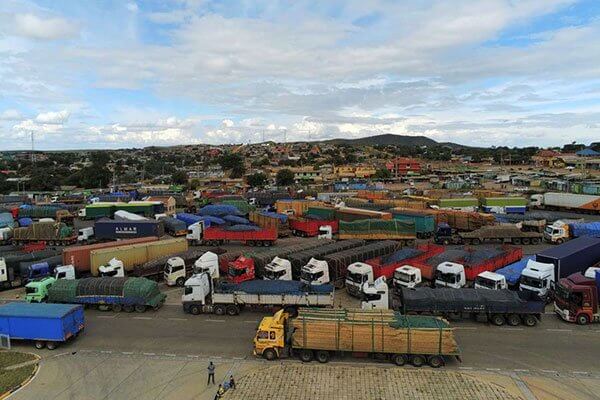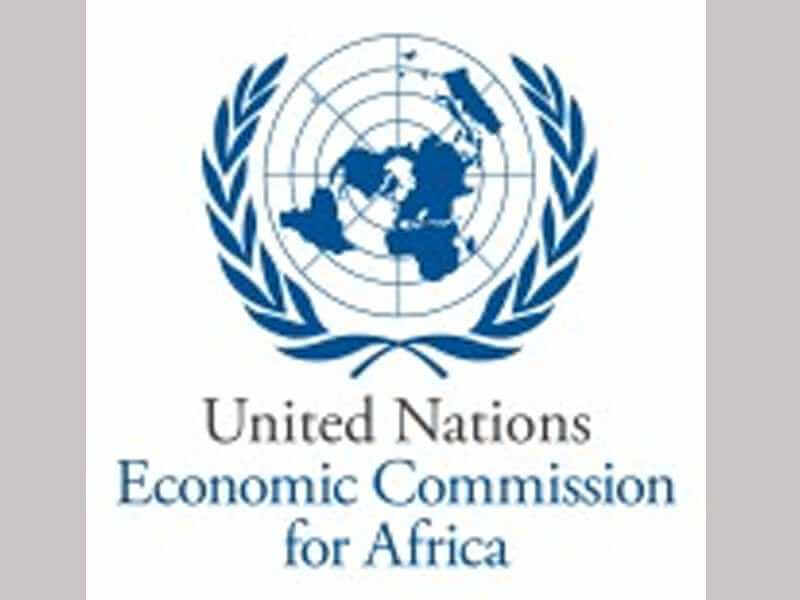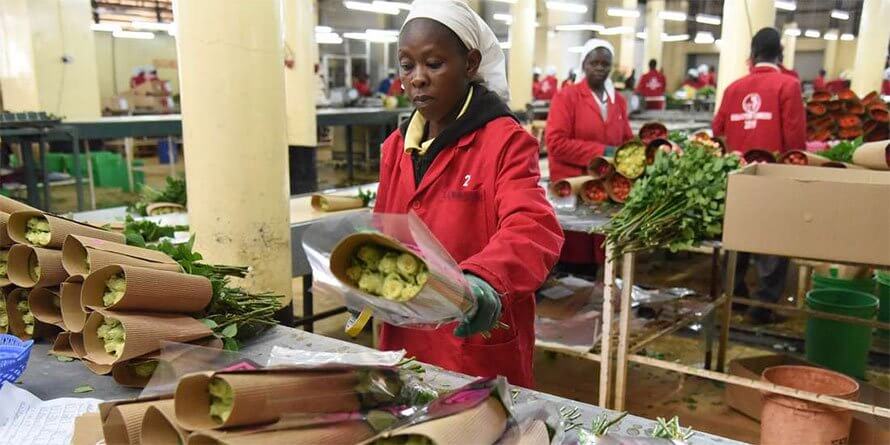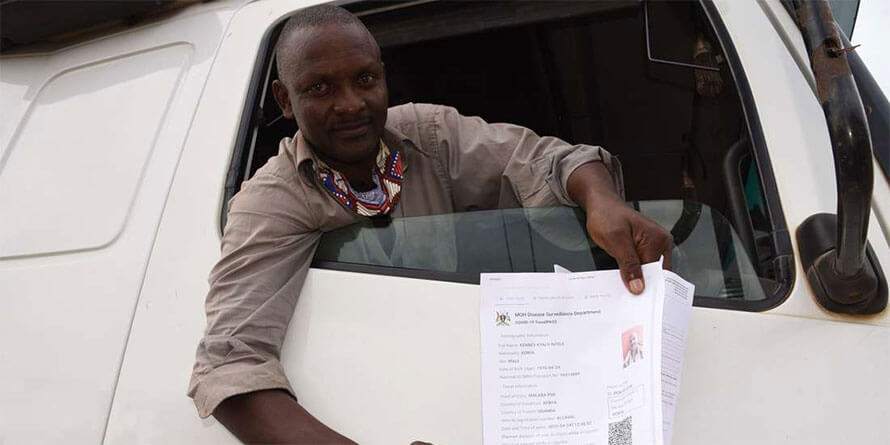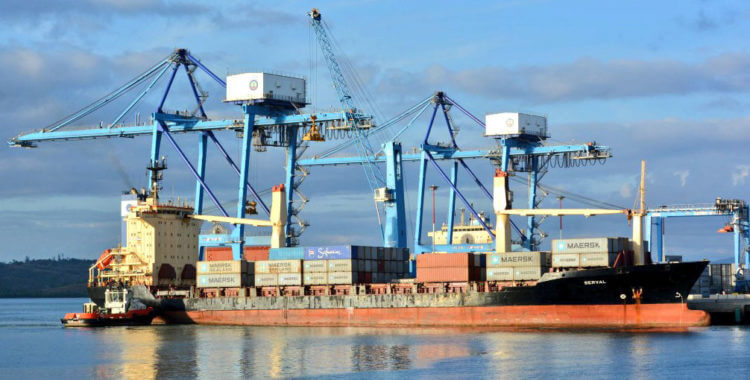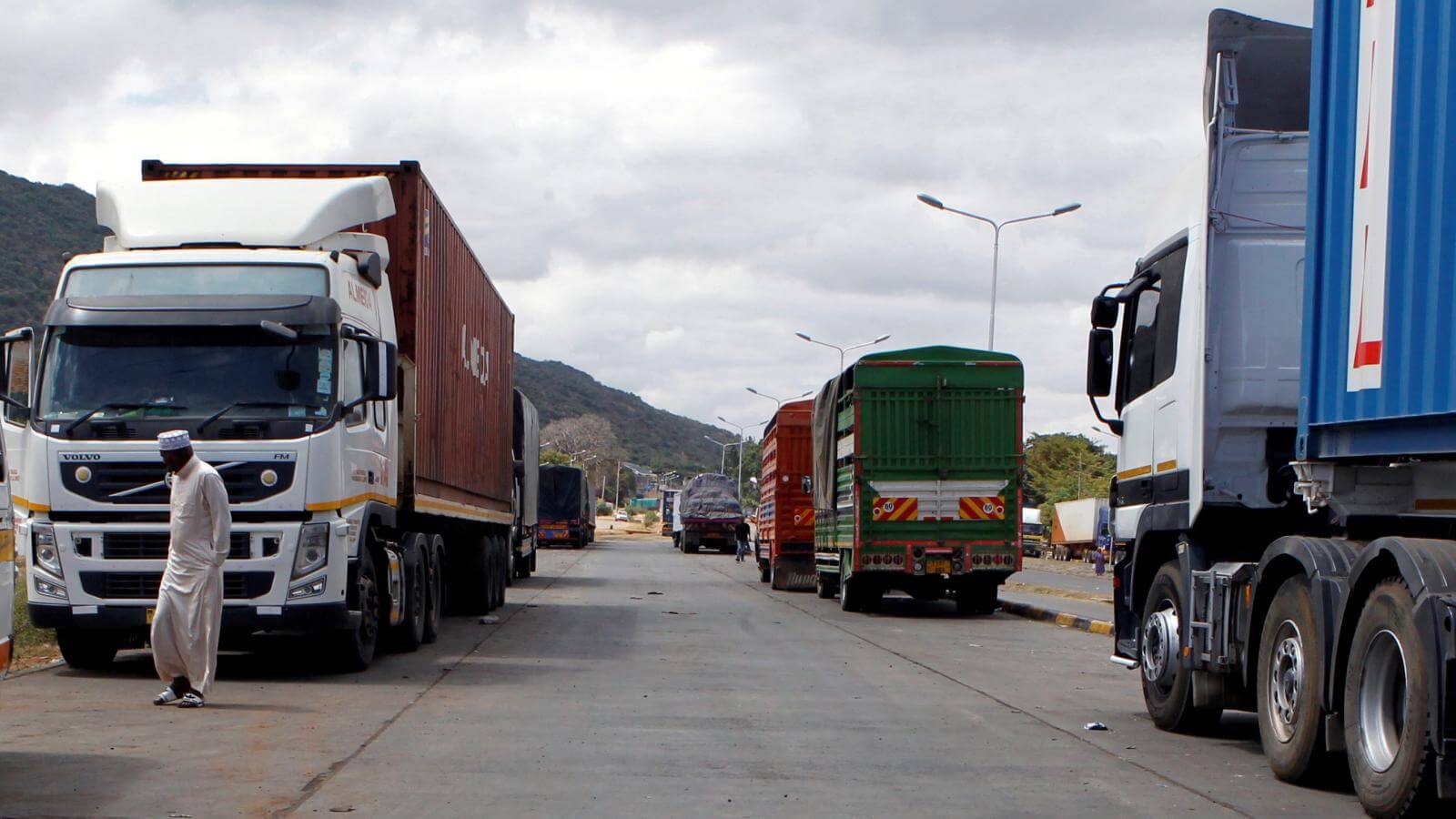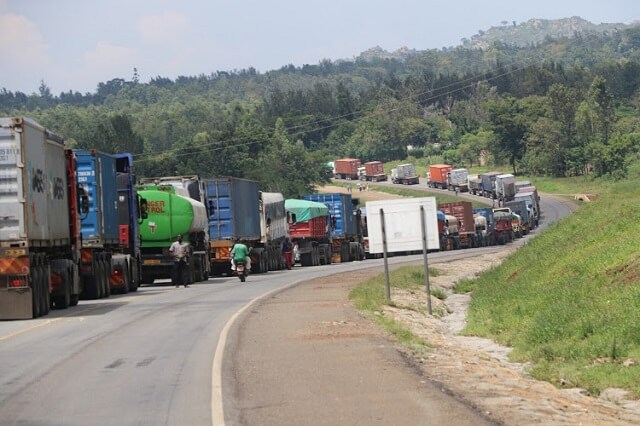East African countries have borrowed nearly $2.3 billion new loans in less than three months since reporting the first Covid-19 positive case, adding to the region’s mounting debts at a time of shrinking tax revenue. The biggest chunk of the loans, taken to fund the region’s response to the Covid-19 pandemic and cushion the economies against disruptions caused by the virus, have come mainly from the International Monetary Fund (IMF). Kenya has borrowed the most out of the six East African Community (EAC) members, having signed an estimated $1.5 billion since reporting the first Covid-19 positive case on March 13. Uganda has added $540.2 million to its debt load, while Rwanda has borrowed $223.65 million. President John Magufuli has called for cancellation of Tanzania’s foreign debts, but Dar es Salaam together with Burundi and South Sudan is yet to announce any new loans during this period. The estimated $2.26 billion new debt accumulated in less than three months adds to the more than $110 billion loans that EAC countries were holding at the onset of the pandemic. “The impact of this new debt on the economies is going to be huge. Export earnings and diaspora remittances are in trouble. Local currencies are going to be under a lot of pressure and when they depreciate then our debts, which are largely denominated in foreign currency become very expensive. That is a big issue,” said Nikhil Hira, a director and tax consultant at Kenya-based law firm, Bowmans. The EAC agreement on debt...
Covid-19 leaves EAC states in $2.3b debt hole in three months
Posted on: May 27, 2020
Posted on: May 27, 2020

